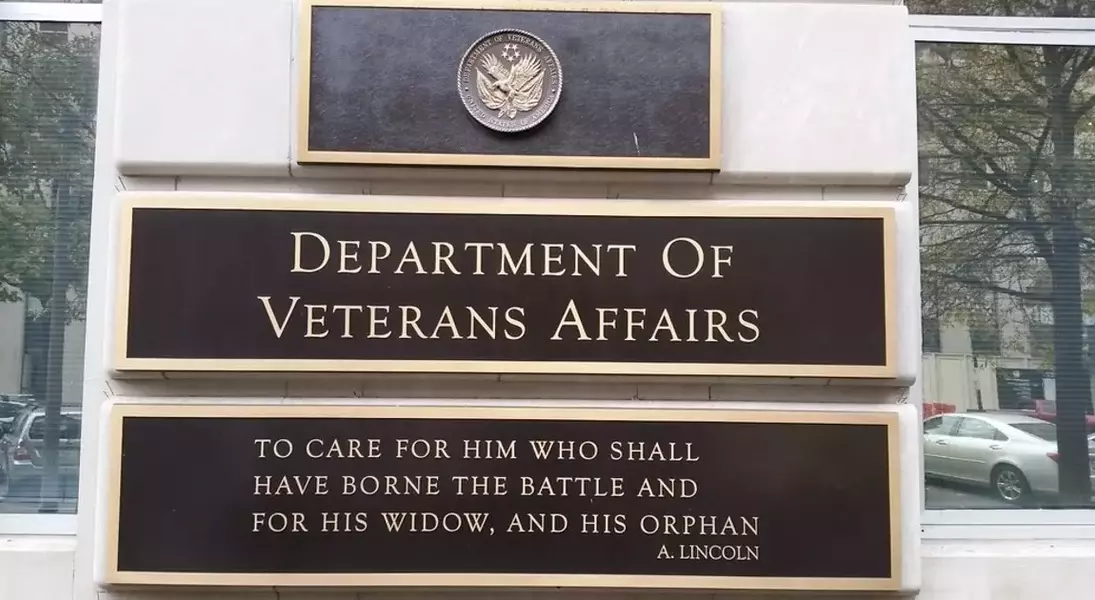
The Veterans Administration (VA) has announced significant improvements in its Oracle electronic health record (EHR) system, which has been under review for over 18 months. The agency paused new deployments to address critical issues and improve patient safety at five VA health systems. Since then, veteran trust and clinician satisfaction have notably increased across all sites using the Oracle Health EHR. Notably, there have been no system outages for over 200 days, marking a major milestone in the modernization program.
Revised EHR System Yields Positive Outcomes Across VA Facilities
In a season of change and progress, the VA embarked on an ambitious journey to overhaul its electronic health records system. After halting new deployments in April 2023, the agency focused on addressing concerns raised by veterans and clinicians at five key health systems. Through meticulous reviews and collaboration with Oracle officials, hundreds of system improvements were implemented. Contracts were updated to ensure accountability, including financial penalties for failing to meet performance metrics. This proactive approach has paved the way for planning new deployments in 2026.
Veteran outpatient trust scores have surged at all VA sites utilizing the Oracle Health EHR. For instance, the Columbus VA, part of the Central Ohio Healthcare System, saw an impressive 11.6% increase in trust scores, reaching 93%. Similar gains were observed at Walla Walla VA (4%), Mann-Grandstaff VA in Spokane (3.5%), Roseburg VA (5.2%), and White City VA (6.5%). Additionally, the EHR system has experienced zero outages for 10 of the last 16 months, significantly reducing care delays for veterans.
The successful launch of the Oracle Health EHR at the Captain James A. Lovell Federal Healthcare Center in Chicago further underscores these advancements. Despite a modest increase in trust scores, this facility's productivity soared, demonstrating the system's potential for future rollouts.
From a broader perspective, the VA's efforts reflect a commitment to enhancing healthcare delivery for veterans. Deputy Secretary Tanya Bradsher emphasized that pausing deployments allowed the agency to listen to stakeholders, understand challenges, and implement meaningful changes. As a result, veteran trust and system performance have improved across the board, setting a positive trajectory for the future.
As a journalist observing these developments, it is clear that the VA's strategic pause and subsequent actions have yielded tangible benefits for both veterans and healthcare providers. By prioritizing feedback and making necessary adjustments, the VA has not only restored confidence in its EHR system but also laid the foundation for more efficient and reliable healthcare services. This initiative serves as a testament to the importance of listening to those directly impacted by technological changes and adapting accordingly to meet their needs.
